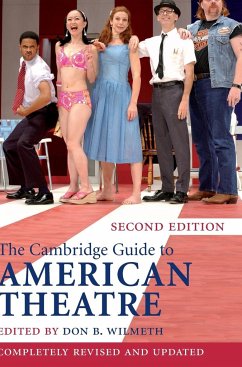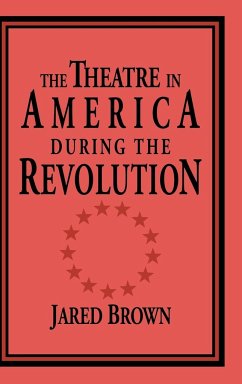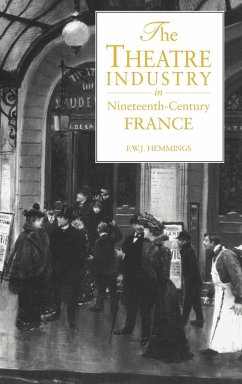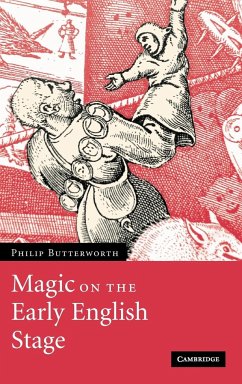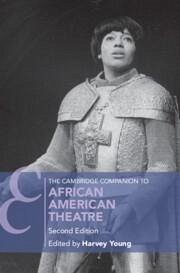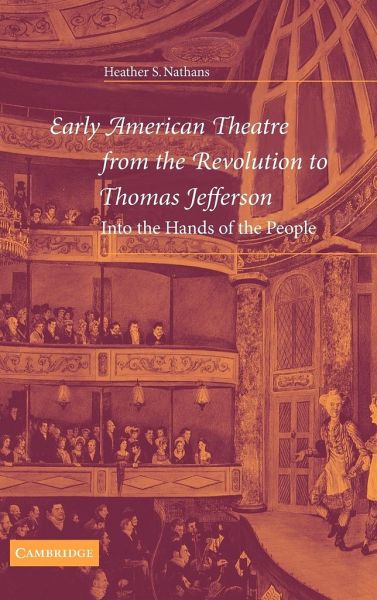
Early American Theatre from the Revolution to Thomas Jefferson
Into the Hands of the People
Herausgeber: Wilmeth, Don B.
Versandkostenfrei!
Versandfertig in 1-2 Wochen
103,99 €
inkl. MwSt.

PAYBACK Punkte
52 °P sammeln!
Theatre has often served as a touchstone for moments of political change or national definition and as a way of exploring cultural and ethnic identity. In this 2003 book, Heather Nathans examines the growth and influence of the theatre in the development of the young American Republic, from the Revolution through to the election of Thomas Jefferson in 1800. Unlike many works on the early American theatre, this book explores the lives and motives of the people working behind the scenes to establish a new national drama. Some of the most famous figures in American history, from George Washington...
Theatre has often served as a touchstone for moments of political change or national definition and as a way of exploring cultural and ethnic identity. In this 2003 book, Heather Nathans examines the growth and influence of the theatre in the development of the young American Republic, from the Revolution through to the election of Thomas Jefferson in 1800. Unlike many works on the early American theatre, this book explores the lives and motives of the people working behind the scenes to establish a new national drama. Some of the most famous figures in American history, from George Washington to Sam Adams, from John Hancock to Alexander Hamilton, battled over the creation of the American theatre. The book traces their motives and strategies - suggesting that for many of these men, the question of whether or not Americans should go to the playhouse meant the difference between the success and failure of the Revolutionary mission.






